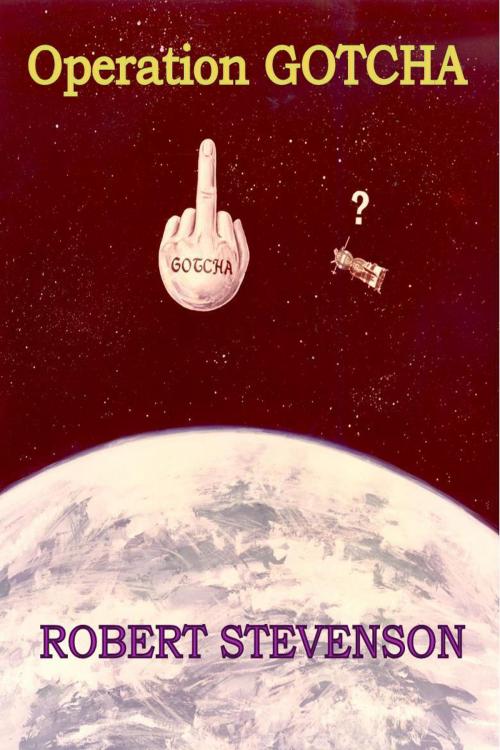Operation GOTCHA: The Soviet Union's Top-Secret Plan to Launch a Surprise Cruise Missile Attack Against the United States
Science Fiction & Fantasy, High Tech| Author: | Robert Stevenson | ISBN: | 9781311957627 |
| Publisher: | Robert Stevenson | Publication: | July 7, 2015 |
| Imprint: | Smashwords Edition | Language: | English |
| Author: | Robert Stevenson |
| ISBN: | 9781311957627 |
| Publisher: | Robert Stevenson |
| Publication: | July 7, 2015 |
| Imprint: | Smashwords Edition |
| Language: | English |
Operation GOTCHA relates the story of a hypothesized top-secret plan by the Soviet Union to launch in 1998 a surprise cruise missile attack against the United States. The plan, devised according to the story primarily by the legendary Commander-in-Chief of the Soviet Navy, Admiral Sergei Gorshkov, details how Soviet submarines and bombers were positioned for the attack as well as the missiles' targets. Gorshkov muses in the story why the plan, which called for the use of conventionally-armed cruise missiles, would succeed spectacularly and result in the crippling of the United States' military capability, and accomplish all this without the U.S. retaliating with nuclear weapons. Although Operation GOTCHA is presented in an entertaining manner, the reader still is left with some questions: would such a plan have succeeded, not only in 1998 but even today, and did such a plan, in fact, ever exist? As for the final question, the conclusion of the story provides the answer.
Operation GOTCHA relates the story of a hypothesized top-secret plan by the Soviet Union to launch in 1998 a surprise cruise missile attack against the United States. The plan, devised according to the story primarily by the legendary Commander-in-Chief of the Soviet Navy, Admiral Sergei Gorshkov, details how Soviet submarines and bombers were positioned for the attack as well as the missiles' targets. Gorshkov muses in the story why the plan, which called for the use of conventionally-armed cruise missiles, would succeed spectacularly and result in the crippling of the United States' military capability, and accomplish all this without the U.S. retaliating with nuclear weapons. Although Operation GOTCHA is presented in an entertaining manner, the reader still is left with some questions: would such a plan have succeeded, not only in 1998 but even today, and did such a plan, in fact, ever exist? As for the final question, the conclusion of the story provides the answer.















